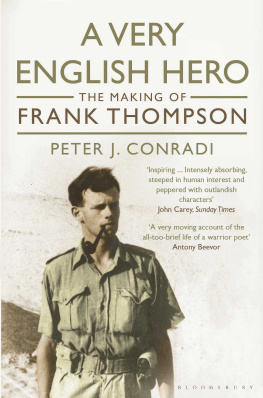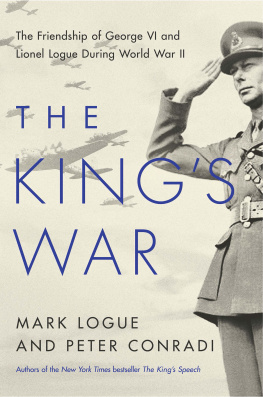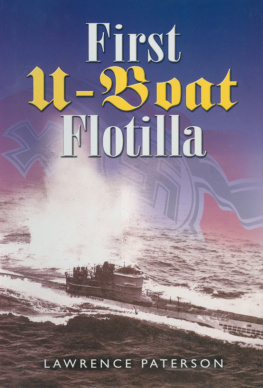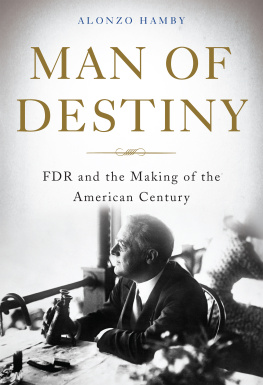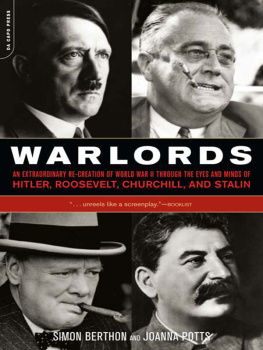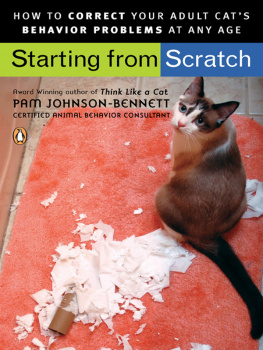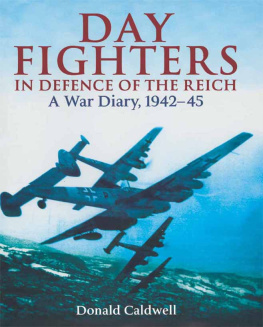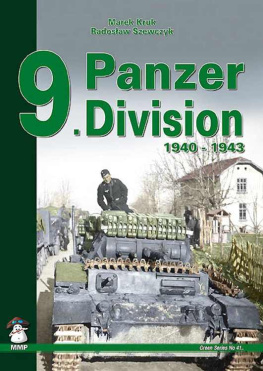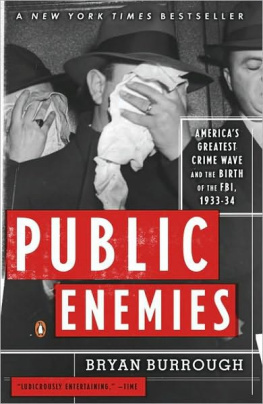In writing this book Ive incurred many debts: to Michael Fishwick for understanding that this biography needed to explore Franks family; to Dorothy Thompson for welcoming and supporting this, for sending around 60,000 words of family reminiscence and loaning many books and papers; to my agent Bill Hamilton for his encouragement and for suggesting what this biographys sub-title should be; and to Philippa Foot for believing in and backing the project.
John Dancy, Professor Freeman Dyson, Tony Forster, Lord Healey, Seymour Spencer, John Ounsted, John Willett and especially Professor M. R. D. Foot contributed stories about Frank at Winchester and/or Oxford, and Franks first cousin Barbara Sloman (ne Pilkington-Rogers) recalled Franks and her childhoods. Rod Bailey helped me navigate the SOE files at the National Archives, pointed me to his discoveries in the Imperial War Museum and shared both his research and much expertise; Simon Kusseff offered early encouragement, a three-part Frank-related quarry and his interviews with Franks friends; and Alan Ogden supplied some photographs. Robert Hutchison told me of the monument at Netley inscribed with words from Franks best-known poem (and with some erroneous dates) and Suzanne Foster visited, took a photo and found that this is a D-Day memorial.
I am grateful to the Bodleian Library where I had special access to the Frank Thompson papers in the E. P. Thompson collection (accessed with the kind permission of the late Dorothy Thompson), a collection that is reserved and uncatalogued. Helen Langley, Becky Wall and Vicky Saywell rendered my visits there enjoyable and gave invaluable and prompt help. Gay Sturt, archivist at the Dragon school, Zoe Parsons at Kingswood, Suzanne Foster at Winchester College and Jennifer Thorp at New College Oxford each answered many queries as did the remarkable staff at the London Library (Country Orders), the Manchester Peoples History Museum, the Imperial War Musuem and the National Archives at Kew.
In Bulgaria I am indebted to Professor Maria Stoicheva who in 1999 arranged for Professor Foot and me to meet with General Tr u nski and to visit Litakovo, and who later alerted me to and acquired a copy of Kyril Yanevs biography; to Professor Ludmila Kostova, Professor Roumen Genov, Kyril Yanev, Professor Evgenia Kalinova, Dr Nikolai Kotev and General Slavcho Trunski for their kind advice and to Biserka Anderson for translating Kyril Yanevs biography from the Bulgarian and for fielding sundry related enquiries.
In the UK Jane Jantet, Anne and Jim Roberts, Paddy Page and Daphne Turner helped explore many strange and interesting avenues and made some remarkable discoveries. I was also helped in various ways by Geoff Andrews, David Astor; John and Audi Bayley; Jonathan Blinman; David Bryers; Jeremy Catto; Colin Carritt, who allowed me to use his The Oxford Carritts ; Professor Timothy Chappell; Tony and Jill Cockshut; Professor Robert Conquest; Deborah, Duchess of Devonshire; Harry Dickinson; John Earle; Val ffrench Blake; Dr Michael Gardner; Elizabeth, Lady Glenconner; Imogen Grundon; Helen Henry; David Holbrook; Cecil Hourani; Robert Hutchison; Donny Jones; Stuart Leasor; Priscilla Martin; Mary Midgley; Robin Murray; Sir Richard O Brien; Sir Leo Pliatzky; Sim Rattenbury; David Reddaway; John Reddaway; David Sinclair-Loutit; Emma Tennant and Kate Thompson.
At Bloomsbury, where Anna Simpson ably and kindly steered the book through each phase of production, I also owe thanks to Peter James, Paul Nash, Jude Drake, Catherine Best and Alan Rutter.
Draft chapters were read by Jim Roberts, Paddy Page, John Earle, Professor R. T. Shannon, Rod Bailey, Jane Jantet, Jim ONeill, Anne Roberts and David Schneider; and the whole by Anne Chisholm, who helped me rethink the prologue to the book, Juliet Gardiner, and Professor M. R. D. Foot, who wrote that it brings back the Frank I knew most vividly and who taught me much; each of these made helpful suggestions.
My patient partner Jim ONeill gave love and understanding and was, as always, extremely perceptive. Any remaining errors are my own responsibility.
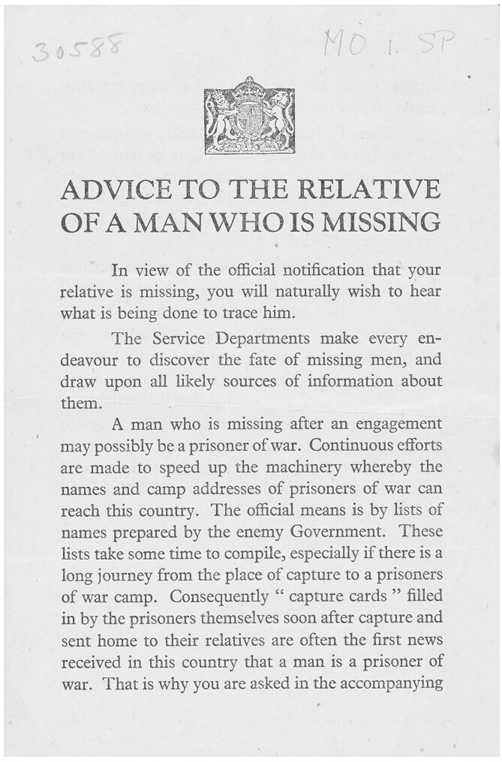
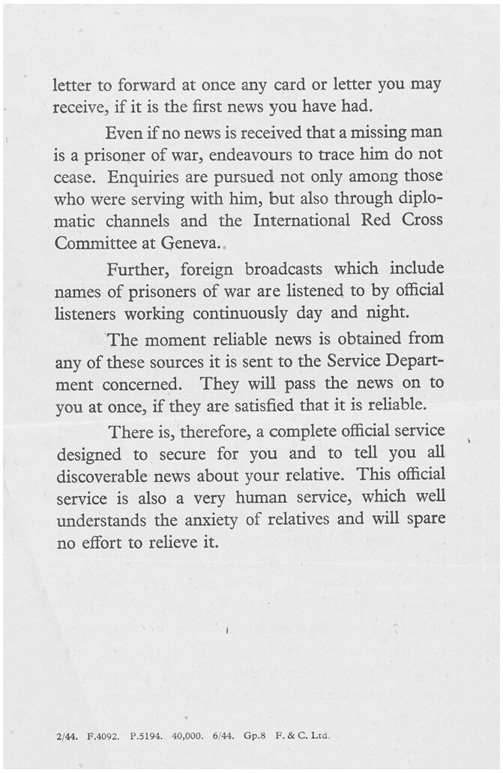
PETER J. CONRADI became interested in Frank Thompson while researching his critically acclaimed Iris Murdoch: A Life , the authorised biography, and A Writer at War: The Letters and Diaries of Iris Murdoch, 19381946 , which includes her correspondence with Frank. His critical studies of Dostoevsky, Angus Wilson and John Fowles were followed, more recently, by Going Buddhist and At the Bright Hem of God . He lives in London and Radnorshire where he gardens, walks, edits the Radnorshire Transactions and chairs the Bleddfa Trust. He was elected a Fellow of the Royal Society of Literature in 2011.
John Fowles
The Saint and the Artist: A Study of the Fiction of Iris Murdoch
Dostoevsky
Angus Wilson
Cold War, Common Pursuit (edited, with Stoddard Martin)
Existentalists and Mystics: Writings on Philosophy and Literature
by Iris Murdoch (edited)
Iris Murdoch: A Life
Going Buddhist: Panic and Emptiness, the Buddha and Me
At the Bright Hem of God: Radnorshire Pastoral
Iris Murdoch: A Writer at War: Letters and Diaries 19381946 (edited)
Theodosia Jessup met the Methodist chaplain and English writer Captain Edward J. Thompson in the summer of 1918 in Jerusalem, where he was on leave and she was helping run the Mount Sion orphanage, teaching Arabic and French. The writer Margaret Storm Jameson recorded: [Edward] married the one woman he should have married, an American, the serenely beautiful child of American missionaries in Syria. She was known for having hair of so golden a colour that you could lose a sovereign in it, for having numerous admirers, and for having extricated a donkey from a ditch, stubbornly pulling it by the tail. She had courage, intelligence and will power. He, at thirty-three, was seven years her senior.
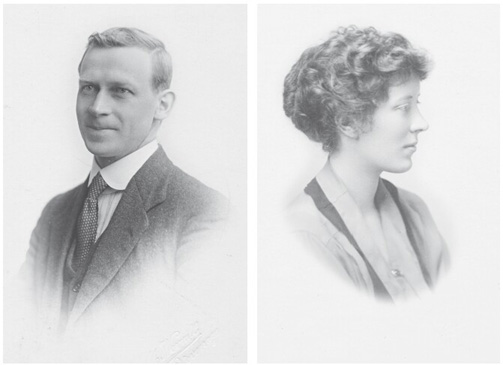
Edwards courtship of Theo lasted six troubled weeks. She approximated to the ideal type he most admired: a graceful upper-class blonde seated on a horse. She had been educated at a patrician college in the US and was a skilled linguist, while his education had been hit-and-miss. It is likely that she mixed with grander people in Jerusalem than he did. While he had taught himself to enjoy riding, she had ridden well from childhood.
But there were difficulties involving friends and one past lover. She sometimes found him conceited; he thought her censorious. Not for nothing were they both children of missionaries, this chapters topic. She disliked seeing him drink and he had to explain that he had never smoked till he was thirty, and nor had he during six long years in India adopted the habit of the chota peg . Only after his wartime breakdown when many friends and a beloved brother had been killed had his habit of a single evening sun-downer started. Watching so many innocent men die in agony had left him drained, disillusioned and doubting Gods goodness. Though her alertness to sin and ugliness sometimes made her a silly goose, he also told her that her poise, queenly self-control and daintiness (by which he meant fastidiousness) might in time redeem him. When she agreed to marry, he wrote, No English poet before me, save Browning, has been so lucky. This flattered them both, implying that Theo had a poets mind, too, worth weaning from harshness. Her love is not only to help him to fame for which he pretends to care nothing or peace of mind which mattered a great deal but to help him back to God. He felt a misfit among the tribe of narrow, savagely self-righteous men from which he came.
Next page
